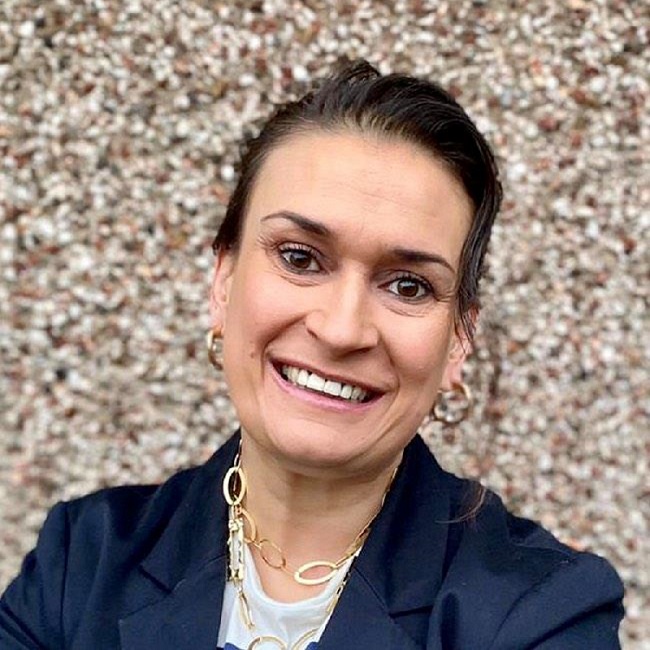
How to protect your business idea
When you are starting out in business it is important to take steps to ensure that your big idea does not become someone else’s big idea, says Shireen Smith, an intellectual property lawyer and founder of Azrights, an IP consultancy.
- 1. Be aware that there is no magic protection
Shireen says: “There is no protection at all for ideas. People often think that their knowledge and skills are somehow protected by copyright, but copyright does not protect ideas, it only protects the expression of them; the way you depict your idea in a drawing, for example. People also think that if they write their idea down it gives them patent-like protection because it shows they had the idea first. But that’s not true; when you write down an idea only the form of wording is protected, not the underlying idea.”
- 2. Be careful who you mention your idea to
Shireen says: “There is a lot of copying in business so it is best to be quite secretive with your ideas. Don’t divulge what you are doing, or just give very basic information like ‘I am intending to set up an ecommerce site’ without going into details. If you need to talk to web developers to get quotes for creating your website, for example, only reveal high level information or even just talk about a different business idea. Asking people to sign non-disclosure agreements (NDA) doesn’t protect the business sufficiently, because you don’t want to have to sue people, you just want to prevent the idea getting into the wrong hands.”
- 3. Choose a distinctive name
Shireen says: “For most businesses the name is going to be a key way you can protect the underlying idea. So choose a name that is distinctive and unique and then trademark it. Consider whether your business is going to be selling a number of products and services internationally – if so, then you will probably need a made-up name that works in lots of different languages. If you are only going to operate in one country you may be able to have a more suggestive name. However, avoid generic names that describe what the business is offering because they leave you wide open to competitors.”
- 4. Be ready to roll your product or service out fast
Shireen says: “Some ideas need to be first to market to succeed, so it is important to have a clear idea of how you are going to get traction once you have launched, and how you are going to stay ahead of your competitors as they notice what you are doing and copy you. Your business model is not protectable so the only way you can protect ideas is in the way you turn them into reality.”
- 5. Understand the cost dynamics of patents
Shireen says: “On the whole I am not very keen on patents because they are very expensive, especially for international patents. But for some business ideas such as product inventions it is absolutely essential to get a patent to stop people copying you. If you go down this route then consider delaying signing for the patent application until you are ready to launch the business because the costs mount significantly as the application progresses. It is no good applying for a patent and then 18 months later getting ready to launch the business.”
- 6. Protect by knowing your customers better
Shireen says: “The best way to protect a service idea is by understanding what your customer wants better than anyone else does, and then by staying one step ahead of the competition so that as other people copy you, you are already moving on to new things and offering your customers something new. The more you can create a community for your customers, the less your competitors will be able to replicate your idea.”
- 7. Be consistent with your visual branding
Shireen says: “Use brand identifiers such as your logo and visual images consistently because they are a very important way in which successful businesses are identified and remembered. Don’t chop and change them just because you get bored with your designs, because this is how people recognise that it is you. If you have come up with an idea for a symbol, register that as your logo so somebody else can’t use a similar element to identify themselves in the same market. These branding elements are really important in the long run to protect a business and uniquely identify it in the market.”
Three things that businesses can do right now
1. Focus on how your brand can be visually distinctive from its competitors
2. Understand the importance of legal distinctiveness when choosing a brand name. It will make it much easier to protect.
3. Stay vague when talking about your business idea, even with close friends.
Shireen Smith is an IP lawyer and author of the new book Brand Tuned, the new rules of branding, strategy and intellectual property


